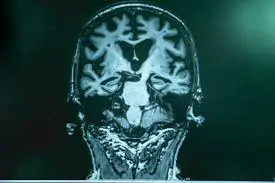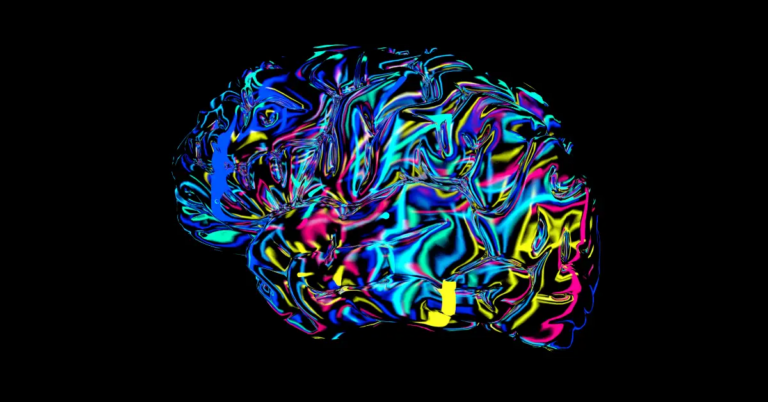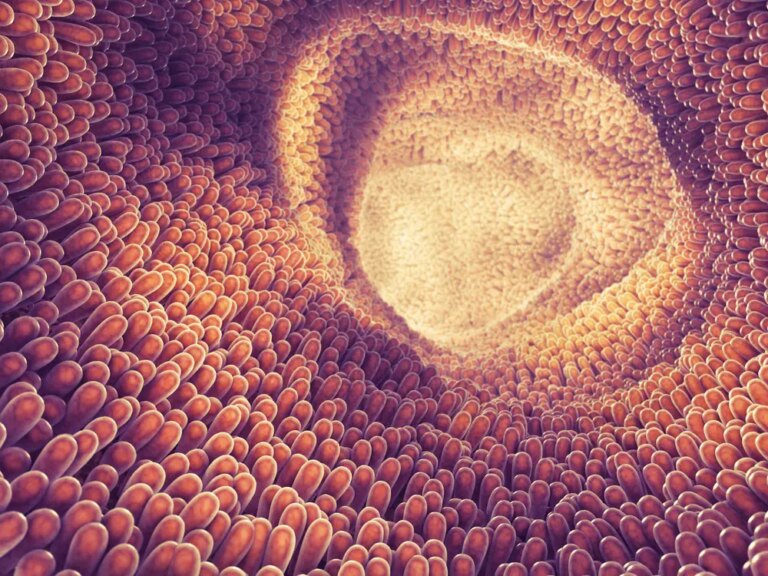That wondrous feeling we experience when we are in love is caused by a hormone called oxytocin. Japanese researchers believe oxytocin could make a good candidate for treating cognitive disorders like Alzheimer’s. (1)
Love Hormone and Alzheimer’s
Alzheimer’s disease is a progressive condition that slowly degrades memory and cognitive abilities. Finding a treatment has been slow, but a recent breakthrough is offering hope. (1)
According to a recent study, the hormone oxytocin showed effectiveness in reversing damage in the learning and memory center. The research performed by Professor Akiyoshi Saitoh from the Tokyo University of Science, showed progress when applied to animals. (1)
Love Hormone and Alzheimer’s Treatment
Oxytocin plays a role in the female reproductive system but is most well-known as the “love” hormone. It helps create a feeling of well-being. “Oxytocin was recently found to be involved in regulating learning and memory performance, but so far, no previous study deals with the effect of oxytocin on Aβ-induced cognitive impairment,” says Saitoh. (1)
Alzheimer’s disease slowly degenerates the nerve cells (neurons) in the brain, leading to: (1)
- Severe memory loss
- Intellectual deficiencies
- Deterioration in motor skills and communication
It is caused by the accumulation of amyloid β (Aβ) a protein that clusters around neurons in the brain. When this happens it interferes with their activity. Saitoh’s animal studies found oxytocin helped reduce some of the damage caused by amyloid plaques. (1)
Love Hormone and Alzheimer’s Research
When the aggregation of Aβ is increased in the hippocampus, the area of the brain responsible for memory and learning, signal transmission potential is reduced in the neurons. This is called “synaptic plasticity,” referring to the ability of synapses to either increase or decrease signaling activity. Synaptic plasticity is required in learning and cognitive functions. This is why, when researching potential treatments for Alzheimer’s, the focus tends to look at Aβ and its role in causing cognitive memory deficits. (1)
What Professor Saitoh’s team did was to compare the signaling abilities of the hippocampus of mice, both with and without additional oxytocin. They found when oxytocin was applied there was an increase in the signaling abilities, pointing to the likelihood that oxytocin can reverse the impairment of synaptic plasticity caused by Aβ. (1)
How The Love Hormone Works
A further series of experiments were performed to learn how oxytocin works. By blocking oxytocin receptors in the mouse hippocampus slices, they discovered oxytocin could not reverse the effect of Aβ. This confirmed oxytocin receptors are essential for oxytocin to act. (1)
“This is the first study in the world that has shown that oxytocin can reverse Aβ-induced impairments in the mouse hippocampus,” says Professor Saitoh. (1)
Research will continue in animal models before moving to humans to confirm oxytocin is a candidate to treat Alzheimer’s. “At present, there are no sufficiently satisfactory drugs to treat dementia, and new therapies with novel mechanisms of action are desired,” says Professor Saitoh. ”Our study puts forth the interesting possibility that oxytocin could be a novel therapeutic modality for the treatment of memory loss associated with cognitive disorders such as Alzheimer’s disease.” (1)
The professor expects their studies will lead to the development of an effective treatment for dementia caused by Alzheimer’s disease. (1)
Source:
https://www.sciencedaily.com/releases/2020/07/200720093308.htm



















